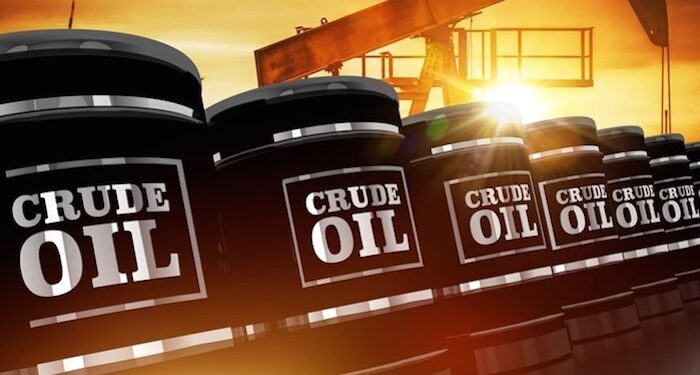Global oil prices recorded their sharpest monthly decline since 2021, following signals from Saudi Arabia of increased oil production aimed at reclaiming market share. This move, coupled with declining demand and broader market dynamics, has sent shockwaves through energy markets and placed mounting pressure on oil-dependent economies like Nigeria.
As of Thursday, Nigeria’s benchmark crude, Brent, was trading at $61.86 per barrel, while U.S. West Texas Intermediate (WTI) fell to $58.21, marking their lowest settlement levels in nearly four years. This dramatic drop contrasts sharply with prices earlier this year, which hovered around $75 per barrel.
Analysts attribute the downturn to a combination of rising global supply, sluggish demand, and strategic shifts within OPEC+. Notably, Saudi Arabia advocated for a larger-than-expected increase in oil output for May, with further production hikes expected to be proposed during the upcoming OPEC+ meeting on May 5.
For Nigeria, the price plunge couldn’t come at a worse time. The federal government based its 2025 budget on a benchmark oil price of $75 per barrel and a daily production target of 2.06 million barrels. However, both figures have fallen short. Daily crude output slipped from 1.495 million barrels in January to 1.465 million in February, with further declines in March.
Given that oil revenues make up more than half of Nigeria’s income and dominate its export earnings, the dual blow of lower prices and falling production poses a significant threat to fiscal stability. In response, authorities are reportedly reassessing the current budget assumptions and exploring alternative revenue strategies.
Meanwhile, Nigerian billionaire Aliko Dangote addressed recent U.S. trade measures during an investment summit in Lagos. Reacting to a 14% U.S. tariff on Nigerian imports, including urea fertiliser, Dangote expressed relative optimism. While initially concerned, he noted that Algeria—Nigeria’s main competitor in the urea market—faced a steeper 30% tariff, giving Nigeria a competitive edge.
“Luckily for us, Algeria was slapped with 30 percent,” Dangote remarked, referring to the U.S. trade actions initiated under former President Donald Trump, now paused for 90 days.
Dangote Fertiliser, which began operations in 2022, currently exports about 37% of its 3 million metric tonnes of urea production to the U.S. market.
Looking ahead, Dangote expects the Dangote Group’s revenue to surpass $30 billion by 2026, up from the projected $25 billion for 2025, supported by its growing footprint in cement, fertiliser, and petroleum refining.


